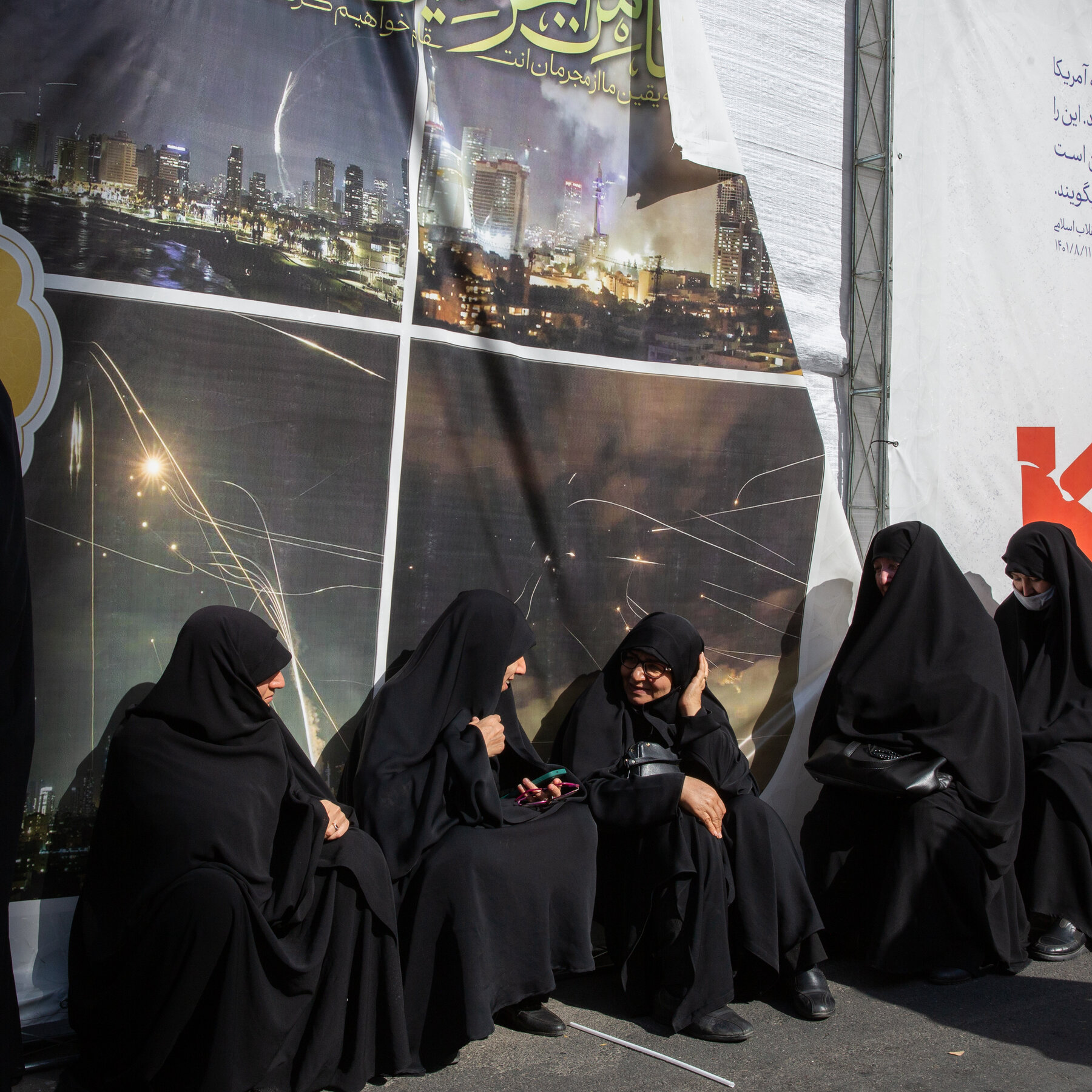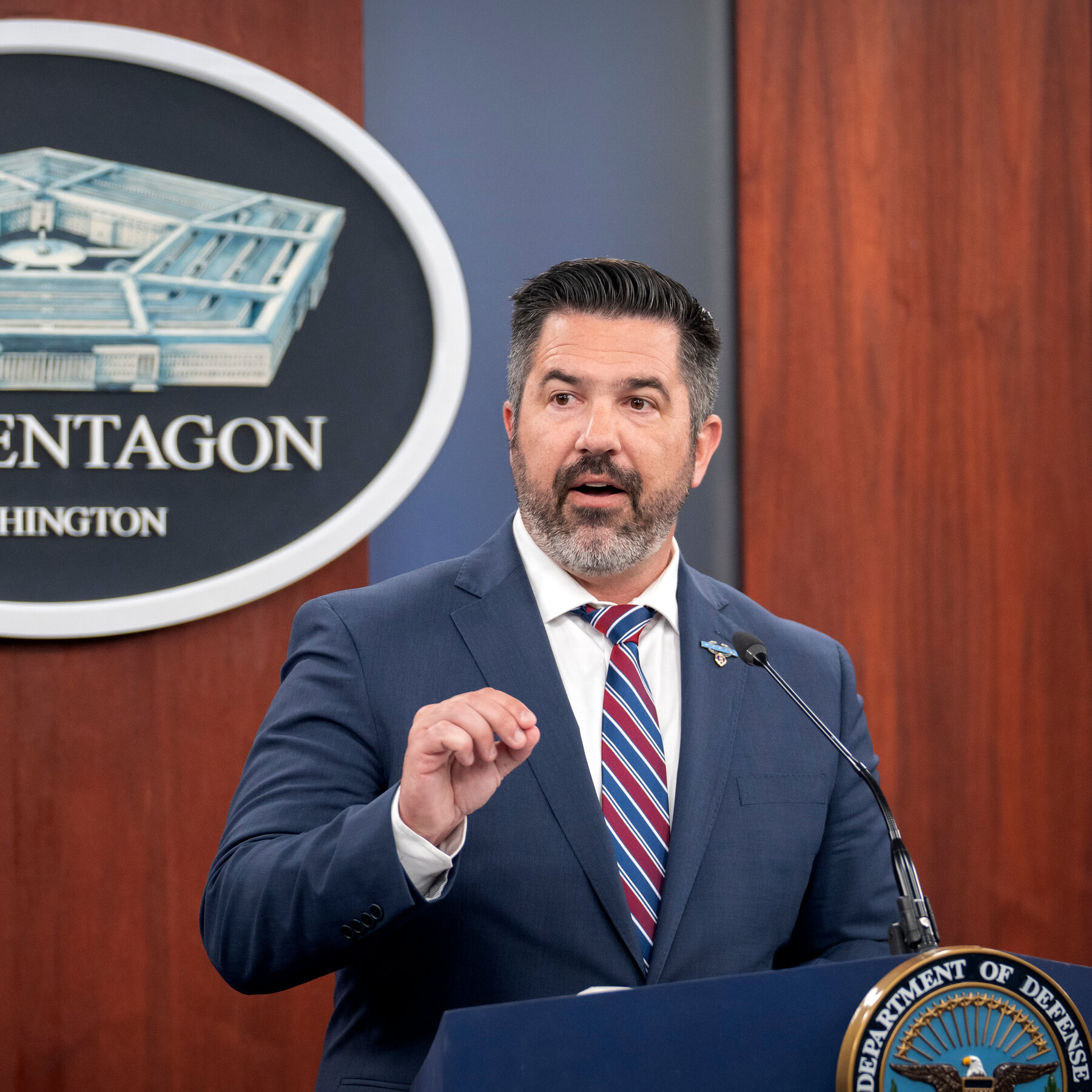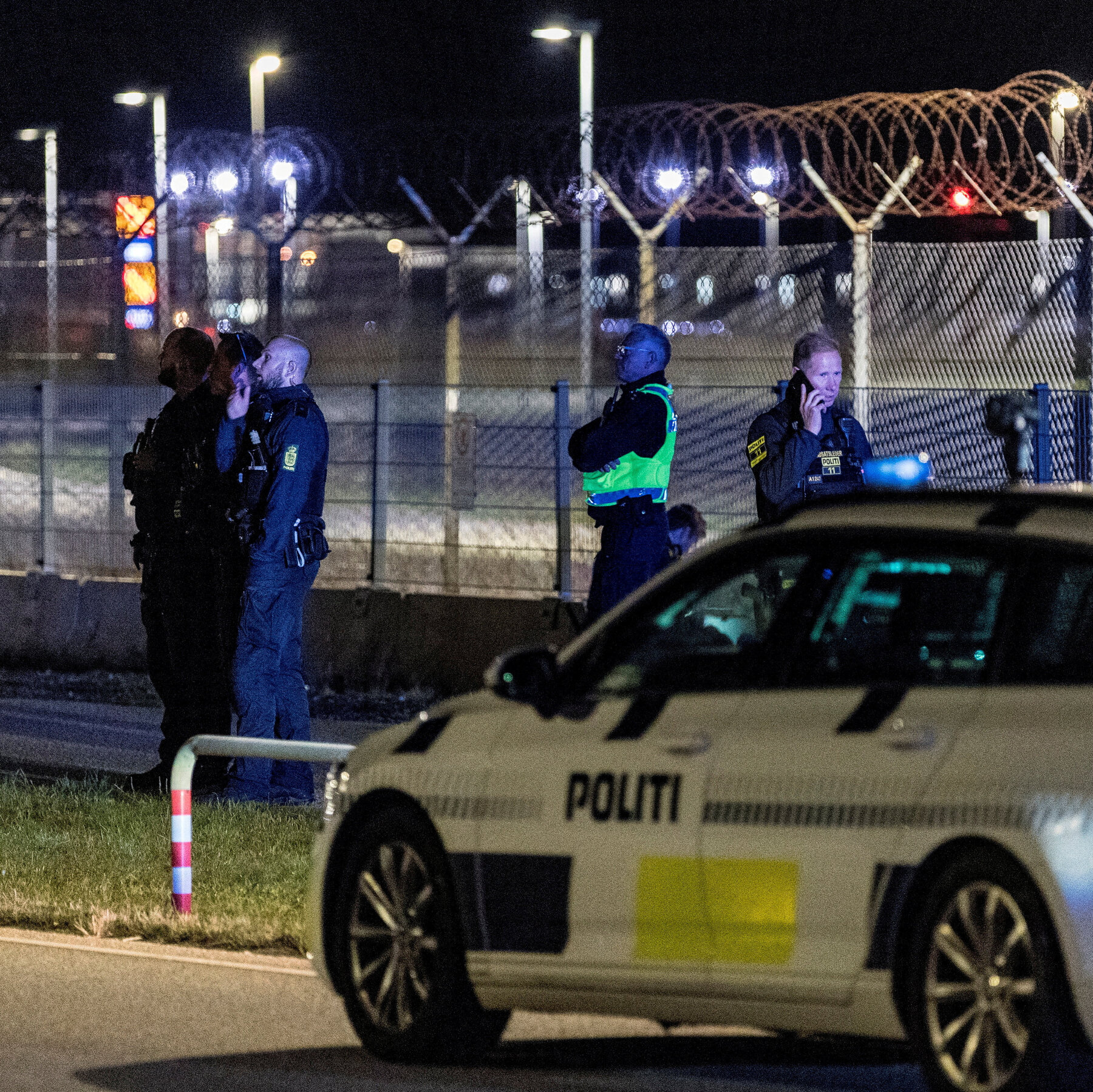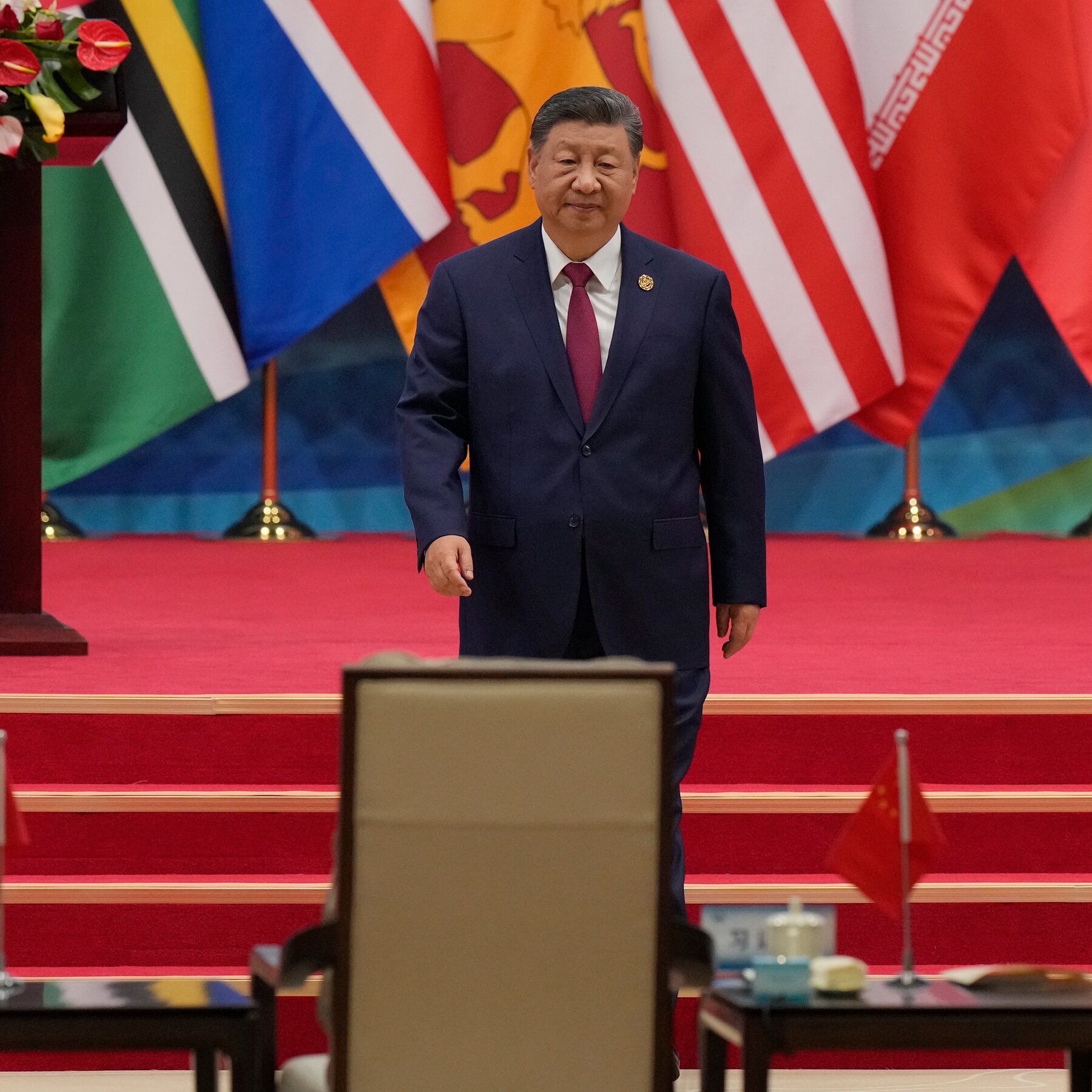Why the BBC Is Facing Its Gravest Crisis in Decades
Background
The British Broadcasting Corporation, long regarded as a pillar of public service media, has found itself at the centre of a storm that threatens its reputation and operational stability. In recent weeks, the corporation has been forced to confront a series of events that have shaken public confidence and prompted intense scrutiny from regulators, politicians, and audiences worldwide.
The Trump Documentary Controversy
On Monday, the BBC issued a formal apology after it emerged that a documentary about former U.S. President Donald J. Trump had been edited in a manner that misrepresented key facts. Critics argued that the selective cuts created a misleading narrative, prompting accusations of bias and a breach of the BBC’s editorial standards. The corporation’s Director of News acknowledged the mistake, stating, “We take full responsibility for the oversight and are implementing immediate corrective measures.”
Leadership Turmoil
The fallout from the documentary scandal has been swift and severe. Within days of the apology, two senior executives—the Head of Editorial Policy and the Chief Operating Officer—resigned under pressure. Their departures have been interpreted as a direct consequence of the mishandling of the program and the subsequent loss of trust among both staff and the viewing public.
Implications for the BBC
Analysts warn that the combined impact of the editorial breach and the loss of top leadership could represent the most serious crisis the BBC has faced in decades. The organization is now grappling with:
- Rebuilding credibility with its audience.
- Re‑evaluating its internal editorial review processes.
- Addressing concerns from the UK’s communications regulator, Ofcom.
- Stabilising its management team amid ongoing resignations.
While the BBC has pledged to conduct a comprehensive internal review and to introduce stricter safeguards, many observers remain skeptical about how quickly the broadcaster can restore its standing as a trusted source of impartial news.







